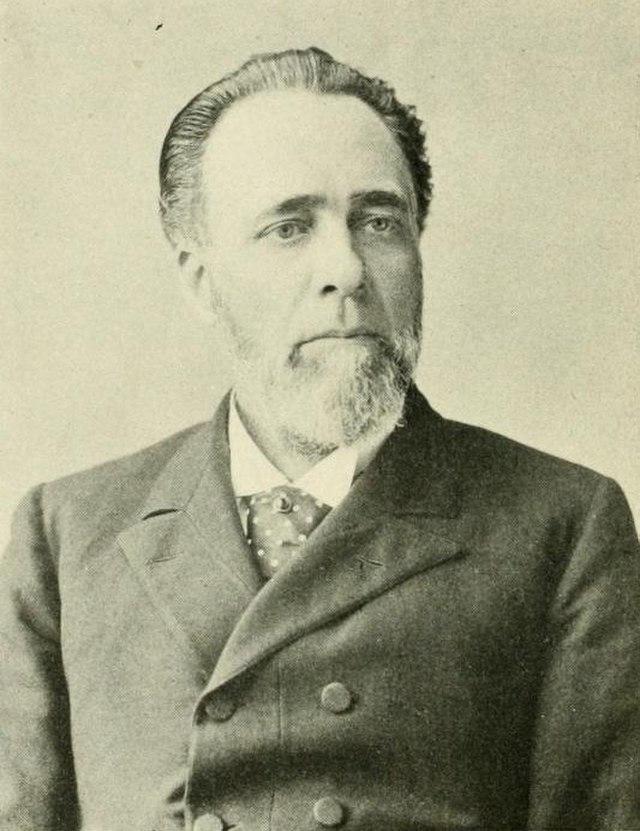
from Wikimedia Commons https://commons.wikimedia.org/wiki/File:Senator_Henry_M_Teller.jpg
In 1898, Colorado senator Henry M. Teller introduced an amendment to the U.S. resolution authorizing war in Cuba, an island territory of Spain that was fighting for its independence. The Teller Amendment was created after President McKinley did not acknowledge the reason the Cubans were fighting in his address: independence. This resolution was incorporated not because American politicians cared about Cuban independence for some moral reason, but was crafted to reassure Cuban nationals living in the United States. And Teller himself had a personal stake in ensuring that Cuba not be annexed by the U.S. after the invasion, as Colorado sugar-beet farmers were concerned about having to compete with Cuba economically if it was annexed and had its tariffs lifted. The political pressure Teller felt from his constituency back home in Colorado may have been the driving force behind his introduction of this resolution.
The amendment itself, titled “The People of the Island of Cuba Are, and of Right Ought to Be, Free and Independent”, plays up the moral and ethical reasons for an independent Cuba, regardless of Teller’s political motives for the amendment. Teller claims that the conditions the Cuban people suffer have “shocked the moral sense of the people of the United States” for three years, and he outlines four requirements for the invasion. First being that the people of Cuba are and must be free. Second, that the U.S. demand Spain relinquish its claim over the island. Third, that the President use the military to carry out the resolution. And fourth, that the U.S. ensure it will not attempt to control Cuba after it is free. The United States’ faithfulness to these goals varied over the years in the aftermath of the U.S. victory in Cuba. The U.S. military reentered Cuba many times in the decades that followed, and even established a permanent base there, Guantanamo Bay, that remains to this day.
Citations:
Teller, Henry M. “Teller Amendment”, 1898, in American Empire at the Turn of the Twentieth Century: A Brief History with Documents, edited by Kristen Hoganson, pg. 68-69. Boston: Bedford / St. Martin’s, 2017.